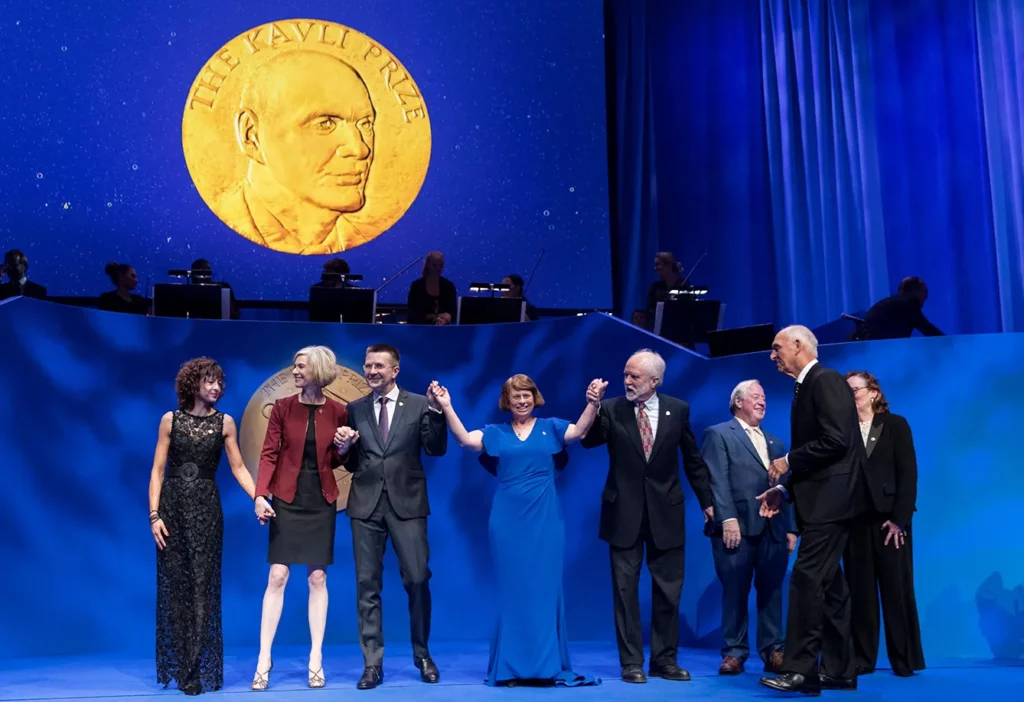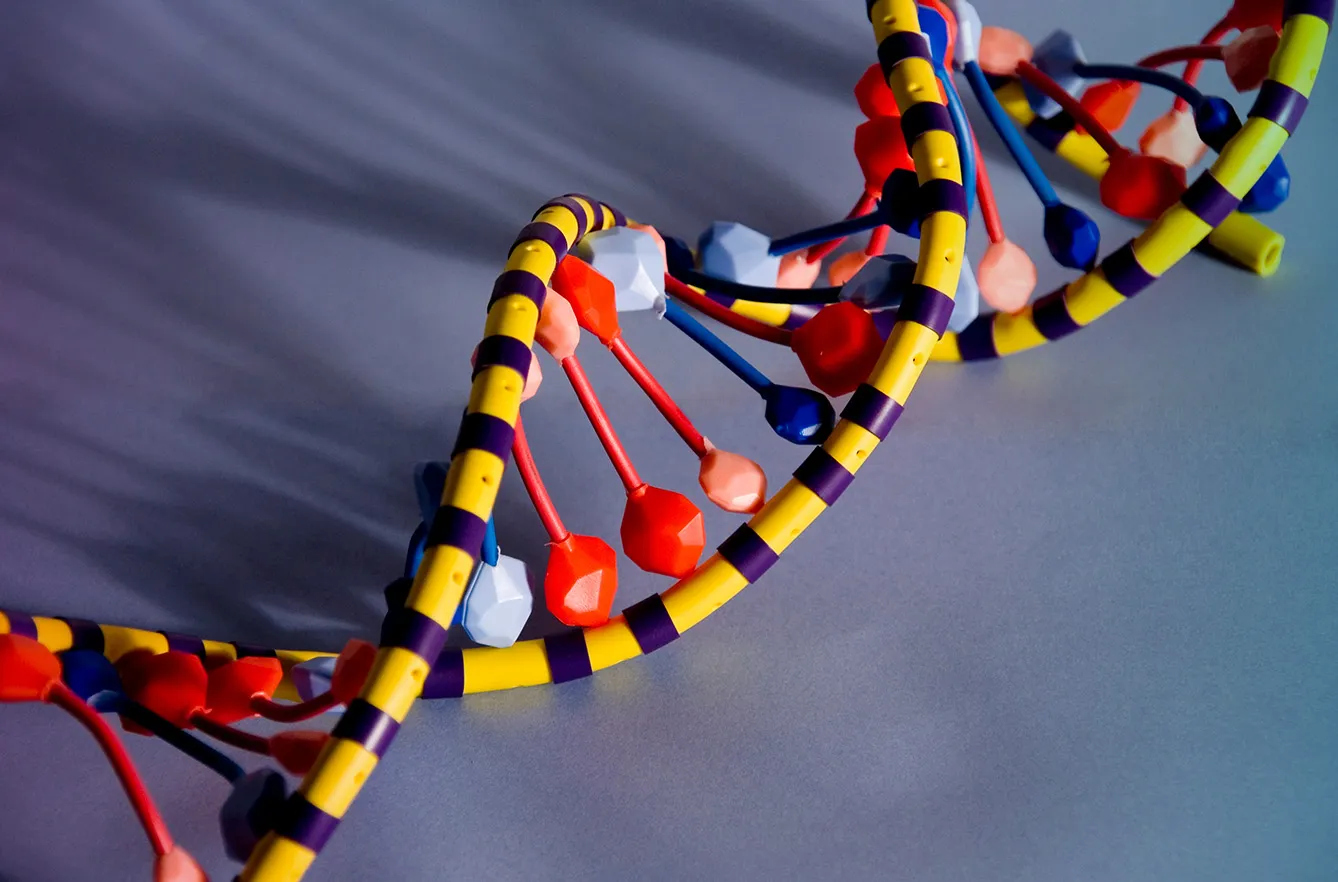Although 2.5 % might not seem particularly high, reaching 5% would automatically put Lithuania among world leaders in the field as Singapore, the United States, or Germany. Lithuania plans to achieve this goal by 2030 and is investing a lot to become a leading biotechnology hub.
The story of Lithuanian biotech takes us back to 1962 when the Soviet government adopted a decree starting the development and research of enzymes. It was decided to build five enzyme factories in the Soviet Union – three in Russia, one in Kazakhstan, and, luckily, a fifth in Lithuania.
The birth of innovation
The Soviets bought technology from the most advanced French biotech companies at the time, and the construction of the Vilnius Fermentation Plant was completed by the end of 1970. Probably, the most innovative feature of the factory was its division into two units – a production unit and an experimental unit, which was reorganized into a research center in 1971.
Then in 1975, the Institute of Applied Enzymology was founded. This scientific institution was given the very high rank of a union-level institute, leading to increased funding and greater opportunities for scientists. The Institute had reached its peak and had around 800 employees when Lithuania regained independence in 1990.
However, transitioning from a centrally planned to a free economy was not the easiest task for Lithuanian biotech. The Institute of Applied Enzymology lost its importance along with the fall of the Soviet Union in 1991, having to drastically scale back in order to remain sustainable. Luckily, many small companies had been founded, but they still had to find their way into the free market economy and learn how to operate on this whole new level. Thus, the first decade of independence was quite stagnant for Lithuanian biotech.
The Lithuanian tech ascent
This all began to change in early 2000. The ecosystem of companies grew more robust and started to generate bigger revenues. Microbiology subsequently became one of the most popular choices of study. Lithuanian scientists’ achievements likewise helped establish biotechnology as one of the most promising fields in the economy. But the most important discovery, without a doubt, happened in 2012.

In that year, Vilnius University professor Virginijus Siksnys discovered the CRISPR-Cas9 technology, a precise nanotool for editing DNA that can be used to edit genes within various organisms.
Biotech awarded
Surprisingly enough, this invention took place in two different universities simultaneously – the University of California and the University of Vilnius. The results of the discovery were published by German and American scientists Emmanuelle Charpentier and Jennifer Doudna only several months ahead of Siksnys, who independently achieved the same outcome – programmed the CRISPR-Cas9 system to cut DNA at specific sites.
This discovery is considered to be an outstanding achievement, while also a bit of a misfortune given that never before had a Lithuanian scientist been so close to being awarded a Nobel prize. A few years later, in 2016, Siksnys was nominated for the Nobel Prize, but unfortunately, he did not receive it. Nevertheless, the discovery proved the great potential of Lithuanian biotechnology and established it among the world’s scientific and industrial biotech communities. It has also built up a lot of enthusiasm around this sphere in Lithuania, allowing biotech in the country to grow at an unprecedented pace.







